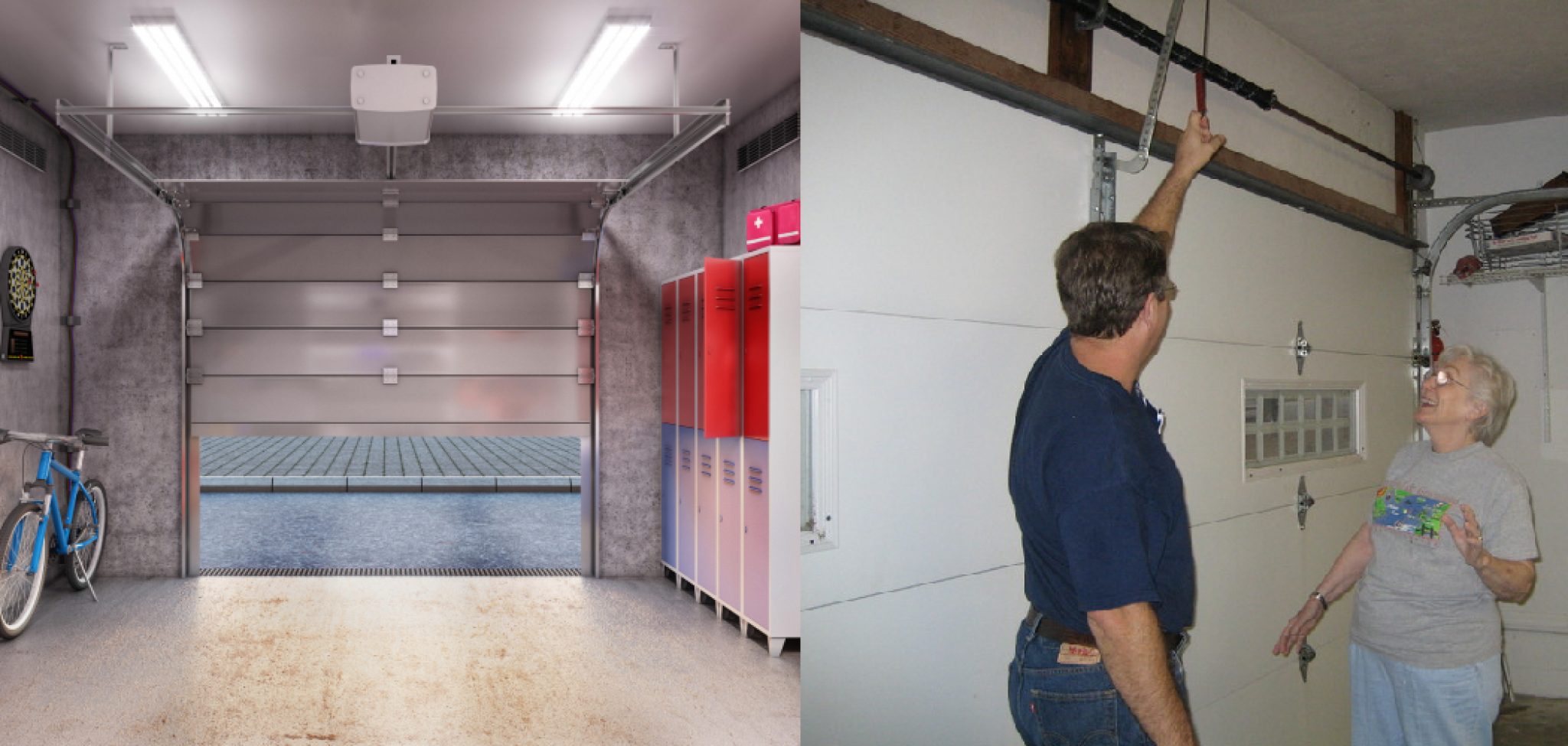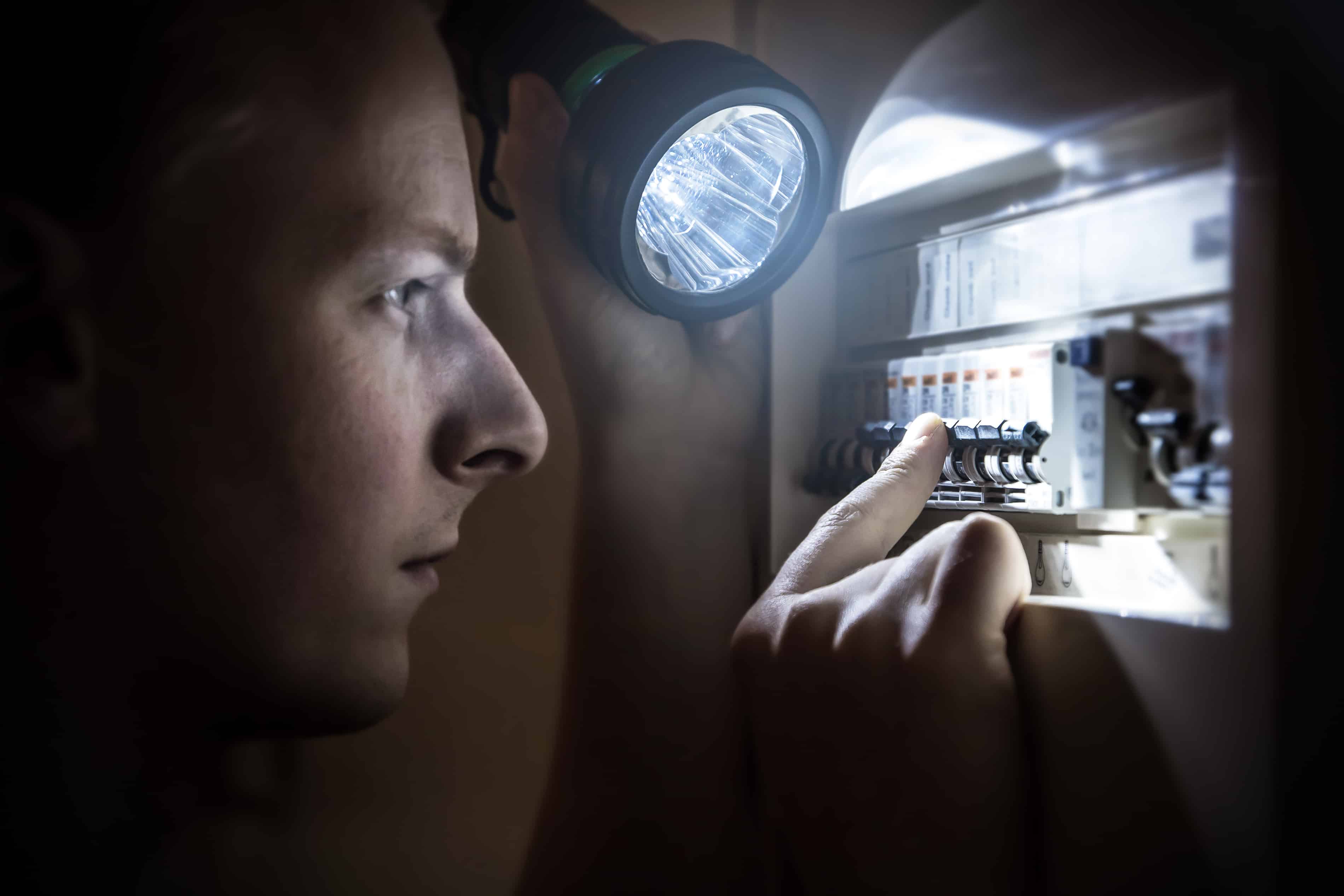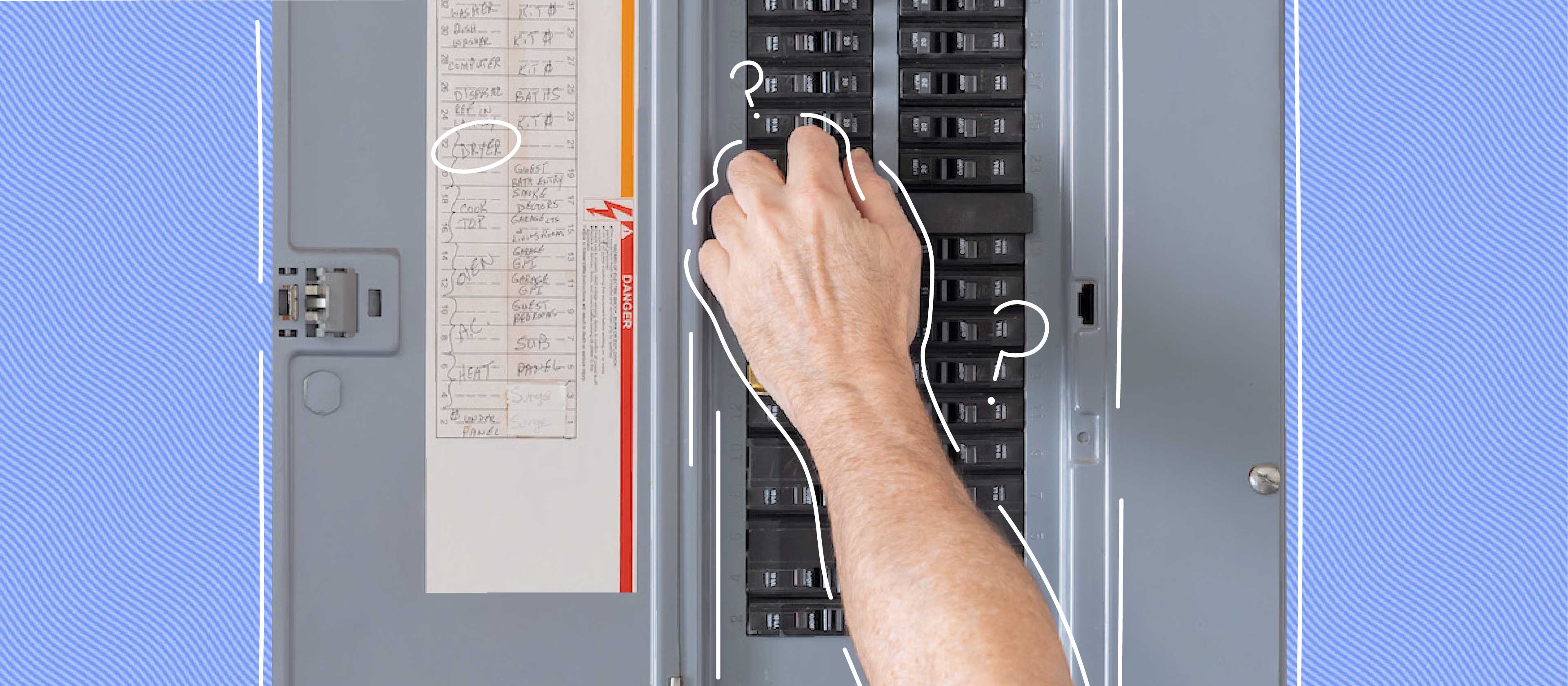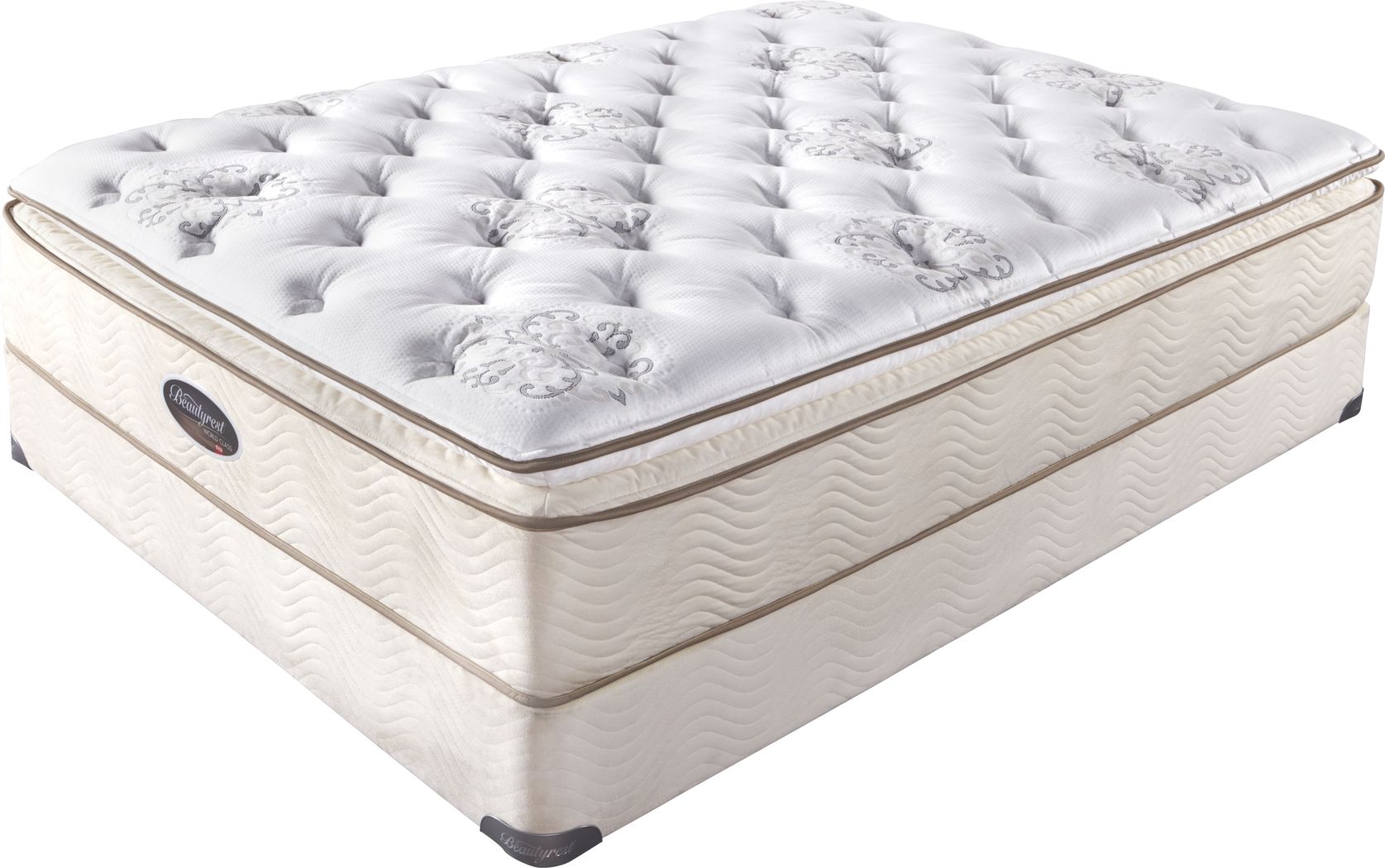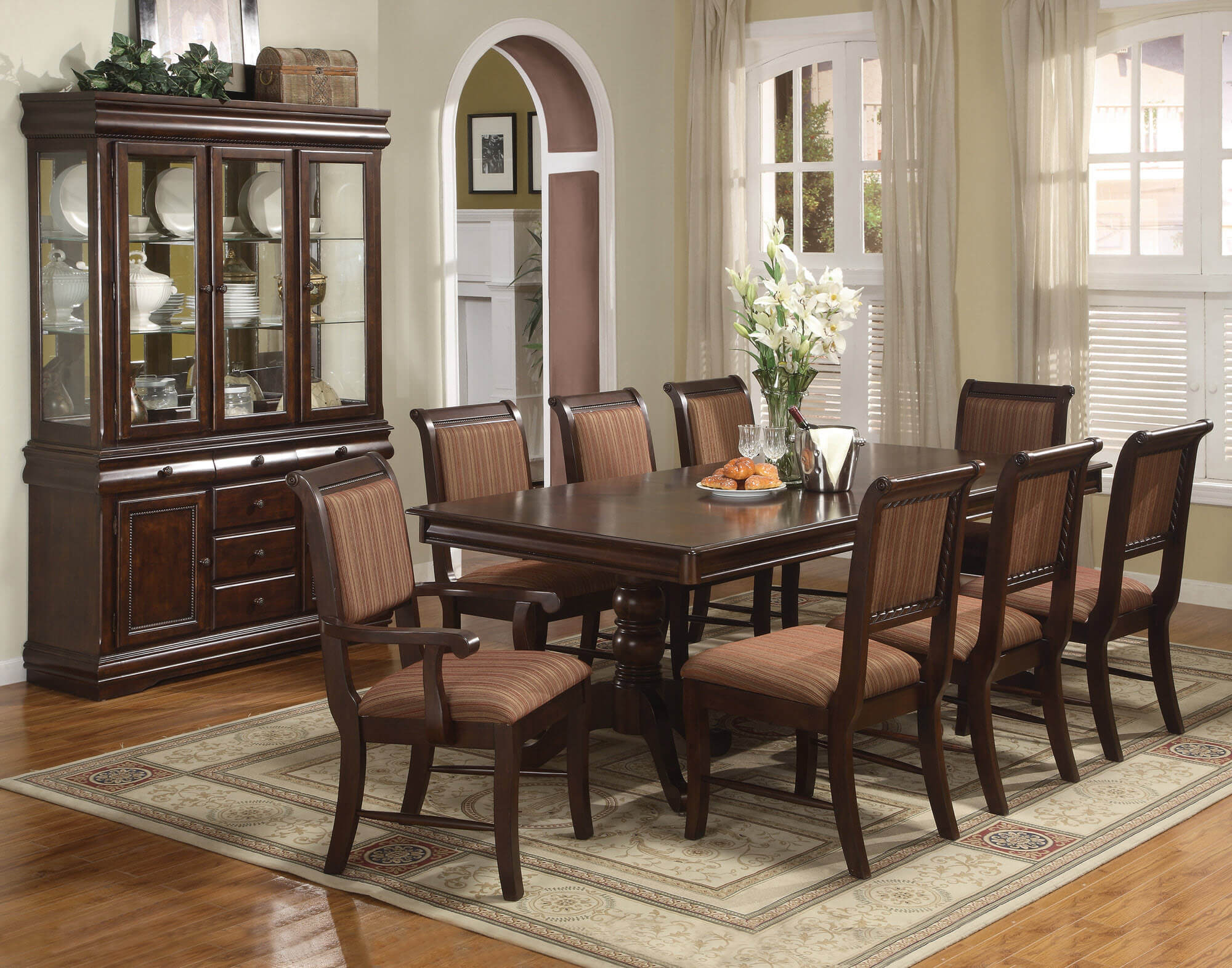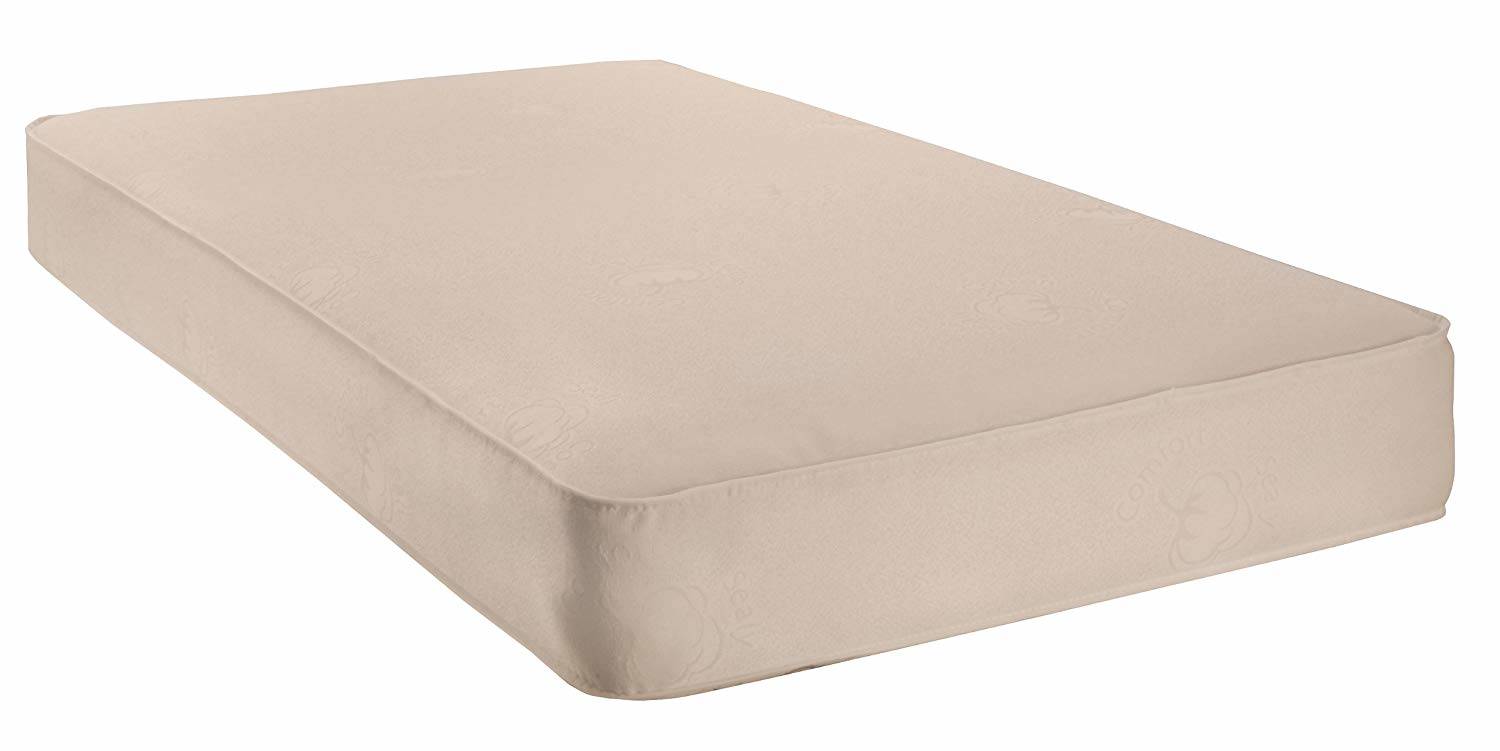Power Outage in Living Room: What to Do and How to Fix It
A power outage in the living room can be a major inconvenience, especially if you're in the middle of watching your favorite TV show or trying to finish some work on your computer. It can also be a safety concern if you have young children or elderly family members who rely on electricity for essential medical equipment. Here are some steps you can take to fix a power outage in your living room and prevent it from happening in the future.
Causes of Power Outage in Living Room
Before we dive into troubleshooting and solutions, it's important to understand the common causes of power outages in the living room. One of the most common causes is an overloaded circuit. This happens when you have too many appliances or devices using electricity at once, causing the circuit to trip and cut off power. Another common cause is a blown fuse or tripped circuit breaker, which can be caused by a power surge or faulty wiring.
Troubleshooting a Power Outage in Living Room
If you experience a power outage in your living room, the first thing you should do is check the circuit breaker. It's usually located in the basement or utility room of your house. If the circuit breaker has tripped, simply reset it by flipping the switch back to the "on" position. If this doesn't solve the problem, you may need to replace a blown fuse or call an electrician to fix any faulty wiring.
Steps to Take During a Power Outage in Living Room
If the power outage is not caused by a tripped circuit breaker, there are a few steps you can take to ensure your safety and comfort until the power is restored. First, unplug all electronic devices and appliances to avoid any potential damage from power surges. Next, make sure you have a flashlight or other source of light to navigate your way around the house. If you have a backup generator, now is the time to use it. Lastly, stay away from any downed power lines and report them to your local utility company.
Preventing Power Outages in Living Room
To prevent power outages in your living room, it's important to be mindful of how much electricity you're using and avoid overloading circuits. Make sure to unplug any appliances or devices that are not in use, and consider investing in surge protectors for your electronic devices. Regularly checking and maintaining your electrical system can also help prevent power outages.
Common Reasons for Power Outages in Living Room
In addition to overloaded circuits and faulty wiring, there are other common reasons for power outages in the living room. These include inclement weather, such as thunderstorms or snowstorms, which can cause power lines to go down. Animals, like squirrels or birds, can also cause power outages by getting into electrical equipment or disrupting power lines. In rare cases, power outages can also be caused by a malfunctioning transformer or equipment failure.
How to Reset Circuit Breaker After Power Outage in Living Room
If your circuit breaker has tripped after a power outage in your living room, it's important to know how to reset it. First, locate the circuit breaker panel and identify the tripped circuit by looking for a switch that is in the "off" position. To reset the circuit, simply flip the switch back to the "on" position. If the circuit trips again immediately, it may be a sign of a larger issue and you should consult an electrician.
What to Do if Power Outage in Living Room Persists
If your power outage in the living room lasts for an extended period of time, it's important to take certain precautions to ensure your safety and comfort. Keep your refrigerator and freezer closed to prevent food from spoiling. Use a portable generator or visit a family member or friend who has power if necessary. If the outage is widespread and affects your entire neighborhood, contact your local utility company for updates and estimated restoration times.
Importance of Having a Backup Generator for Power Outages in Living Room
Investing in a backup generator for your home can provide peace of mind and convenience during power outages in your living room. A backup generator can power essential appliances and devices, such as refrigerators, medical equipment, and lights, until the main power is restored. It can also prevent potential damage to your electronic devices from power surges. Consider purchasing a generator that runs on propane or natural gas for a cleaner and more convenient option.
In conclusion, experiencing a power outage in your living room can be frustrating and inconvenient, but by following these tips and taking necessary precautions, you can minimize the impact and keep your household safe. Remember to always prioritize safety and consult a professional if you encounter any electrical issues that you are not comfortable handling on your own.
The Impact of a Power Outage in the Living Room

Why Proper House Design is Important
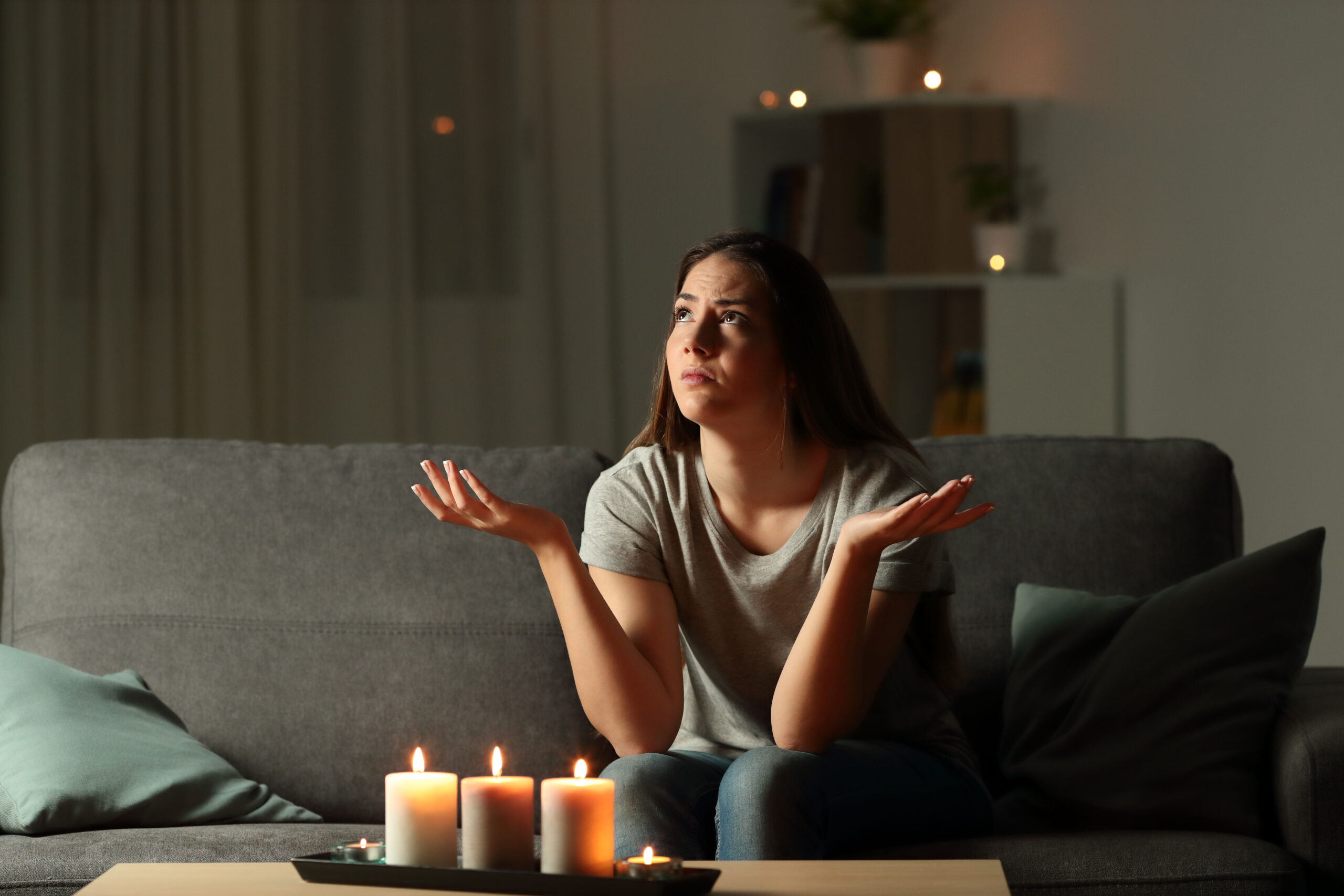 A power outage in the living room can be a major inconvenience for any homeowner. Not only does it disrupt daily activities, but it can also be a safety hazard. This is why proper house design is crucial in ensuring that the living room remains functional and safe even during a power outage.
Power Outages and House Design
When designing a home, most people focus on aesthetics and functionality, but fail to consider potential issues such as power outages. However, the layout and design of a house can greatly impact the effects of a power outage. For instance, if the living room is located in a remote area of the house, it may be difficult to access natural light or alternative power sources during an outage. In addition, a poorly designed living room may not have enough outlets or backup lighting, making it difficult to navigate during a blackout.
The Importance of Backup Systems
When it comes to house design, it is important to consider backup systems that can be implemented in case of a power outage. This can include generators, solar panels, or battery-powered lights. These systems can provide much-needed power during an outage, ensuring that the living room remains functional and safe.
Safety Measures to Consider
Power outages can also pose safety hazards, especially in the living room where electrical appliances are used. This is why proper house design should also take into account safety measures such as grounded outlets, surge protectors, and proper wiring. These can help prevent electrical fires or accidents during a power outage.
A power outage in the living room can be a major inconvenience for any homeowner. Not only does it disrupt daily activities, but it can also be a safety hazard. This is why proper house design is crucial in ensuring that the living room remains functional and safe even during a power outage.
Power Outages and House Design
When designing a home, most people focus on aesthetics and functionality, but fail to consider potential issues such as power outages. However, the layout and design of a house can greatly impact the effects of a power outage. For instance, if the living room is located in a remote area of the house, it may be difficult to access natural light or alternative power sources during an outage. In addition, a poorly designed living room may not have enough outlets or backup lighting, making it difficult to navigate during a blackout.
The Importance of Backup Systems
When it comes to house design, it is important to consider backup systems that can be implemented in case of a power outage. This can include generators, solar panels, or battery-powered lights. These systems can provide much-needed power during an outage, ensuring that the living room remains functional and safe.
Safety Measures to Consider
Power outages can also pose safety hazards, especially in the living room where electrical appliances are used. This is why proper house design should also take into account safety measures such as grounded outlets, surge protectors, and proper wiring. These can help prevent electrical fires or accidents during a power outage.
The Role of Proper House Design in Ensuring a Functional Living Room During a Power Outage
 A well-designed living room can make all the difference during a power outage. In addition to having backup systems in place, proper house design should also consider the layout and accessibility of the living room. This can include having multiple outlets, natural lighting options, and designated areas for emergency supplies. By taking these factors into account, homeowners can ensure that their living room remains functional and safe even during unexpected power outages.
In Conclusion
A power outage in the living room can be a frustrating and potentially dangerous situation. This is why proper house design is crucial in ensuring that the living room remains functional and safe during an outage. By considering backup systems, safety measures, and the layout of the living room, homeowners can be better prepared for any unexpected power outages.
A well-designed living room can make all the difference during a power outage. In addition to having backup systems in place, proper house design should also consider the layout and accessibility of the living room. This can include having multiple outlets, natural lighting options, and designated areas for emergency supplies. By taking these factors into account, homeowners can ensure that their living room remains functional and safe even during unexpected power outages.
In Conclusion
A power outage in the living room can be a frustrating and potentially dangerous situation. This is why proper house design is crucial in ensuring that the living room remains functional and safe during an outage. By considering backup systems, safety measures, and the layout of the living room, homeowners can be better prepared for any unexpected power outages.




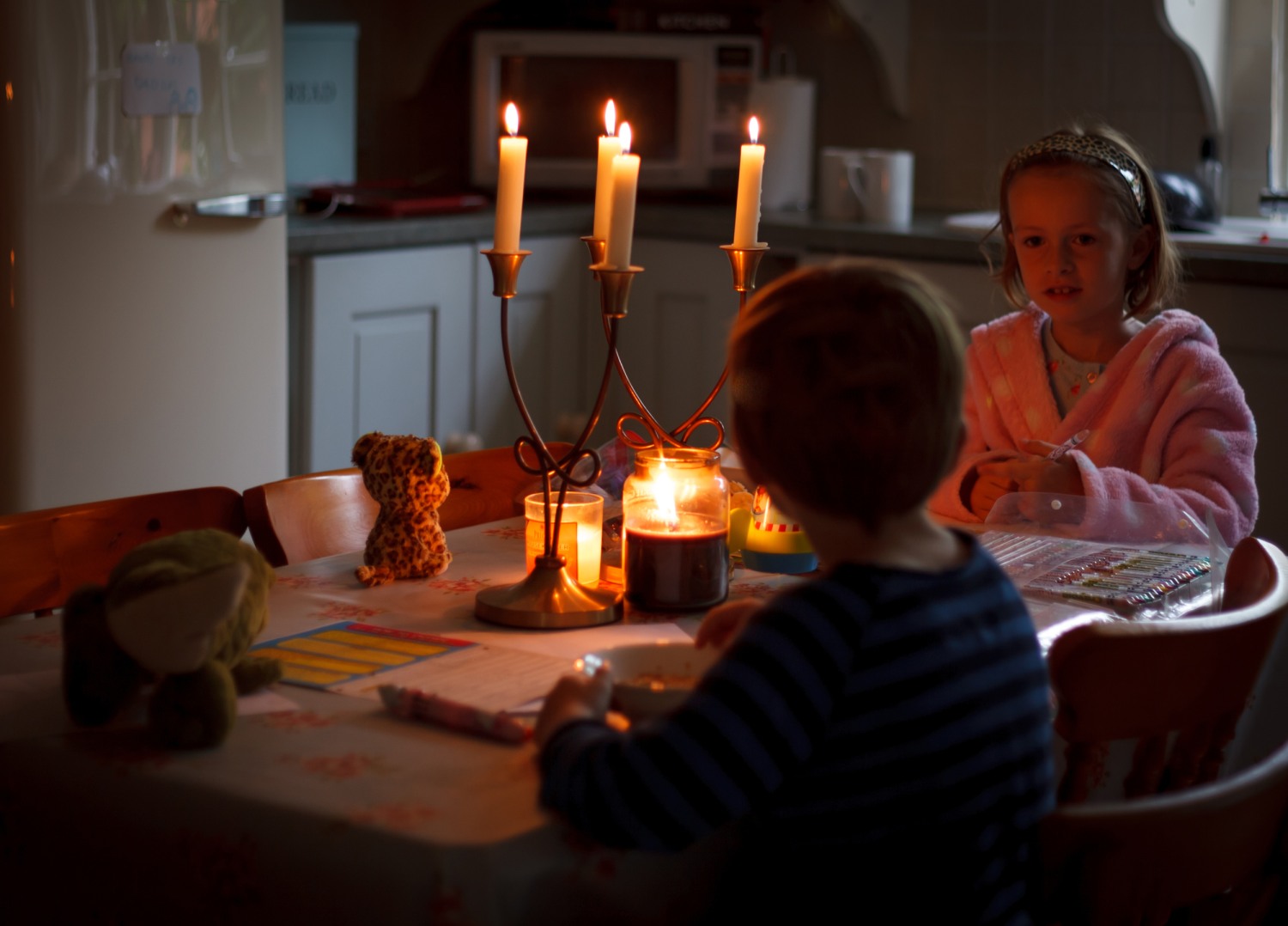
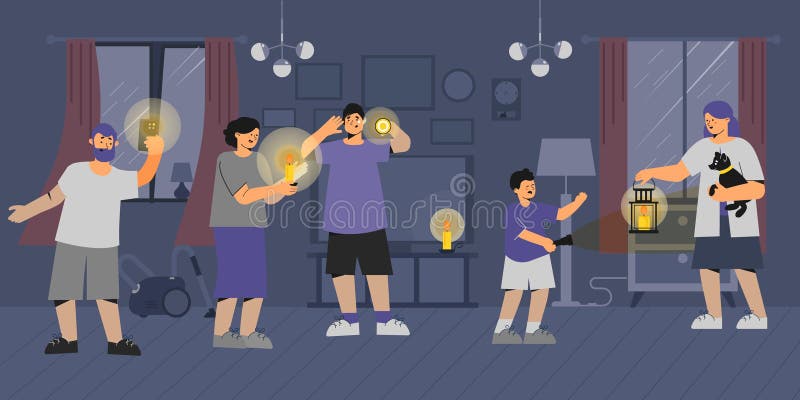

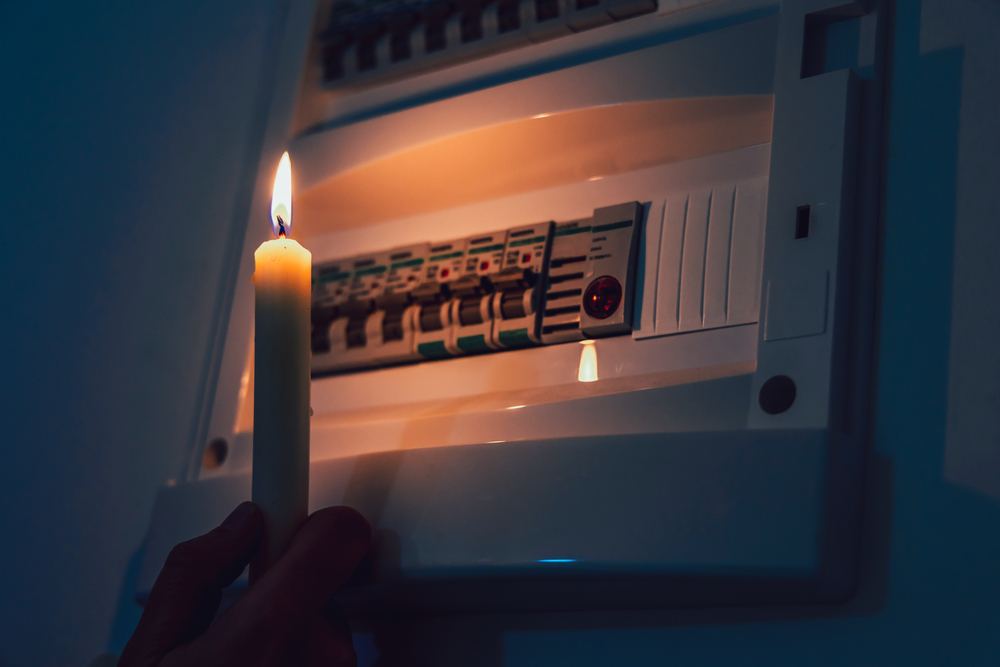
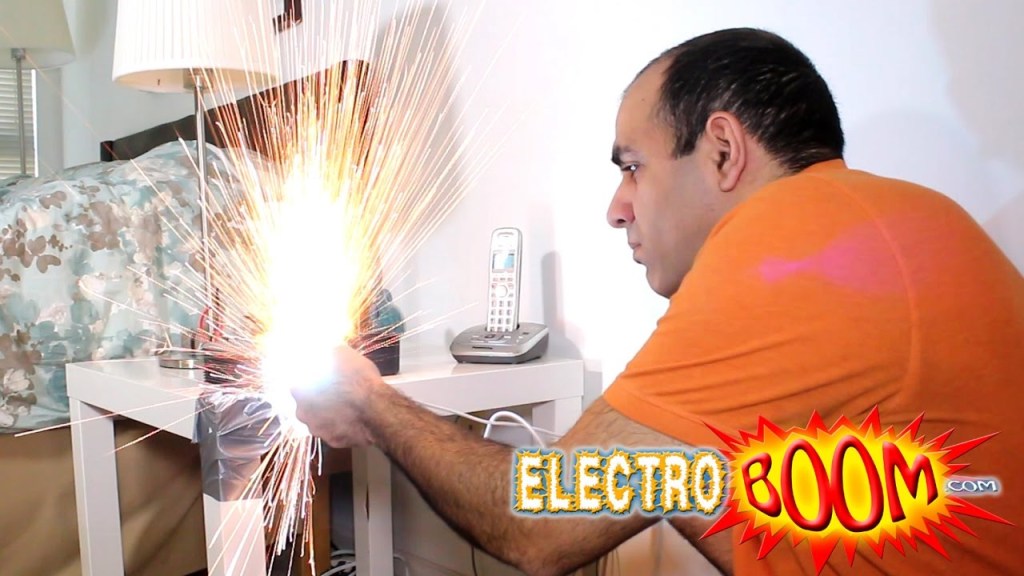
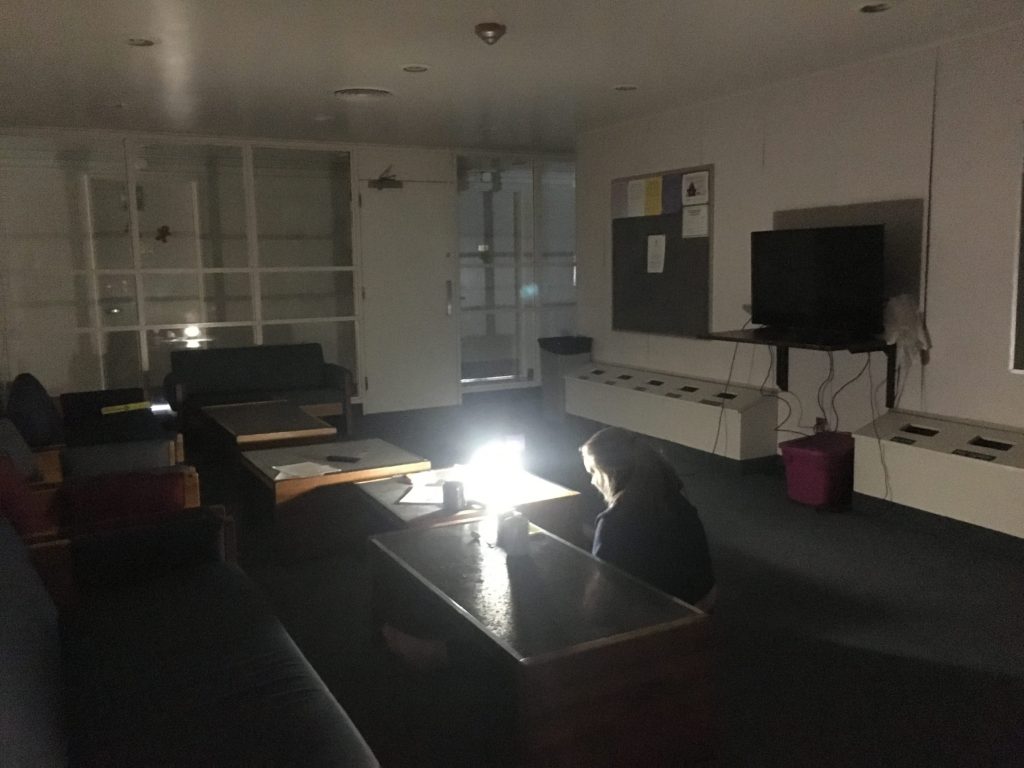



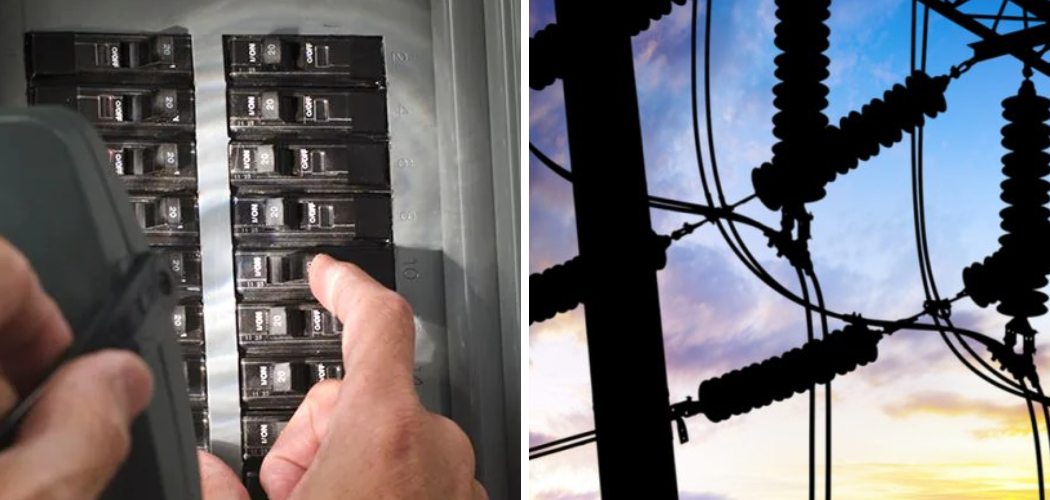




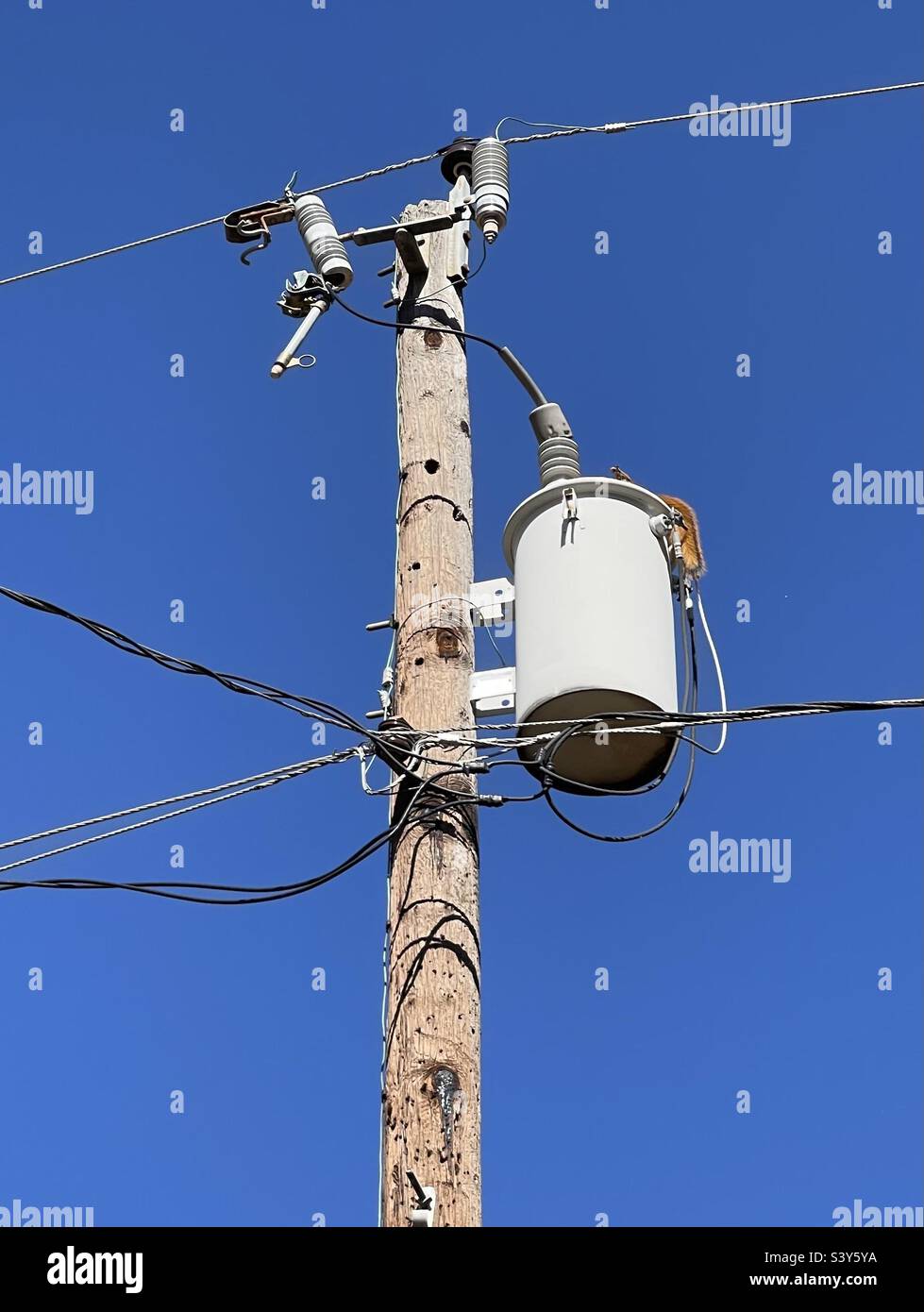

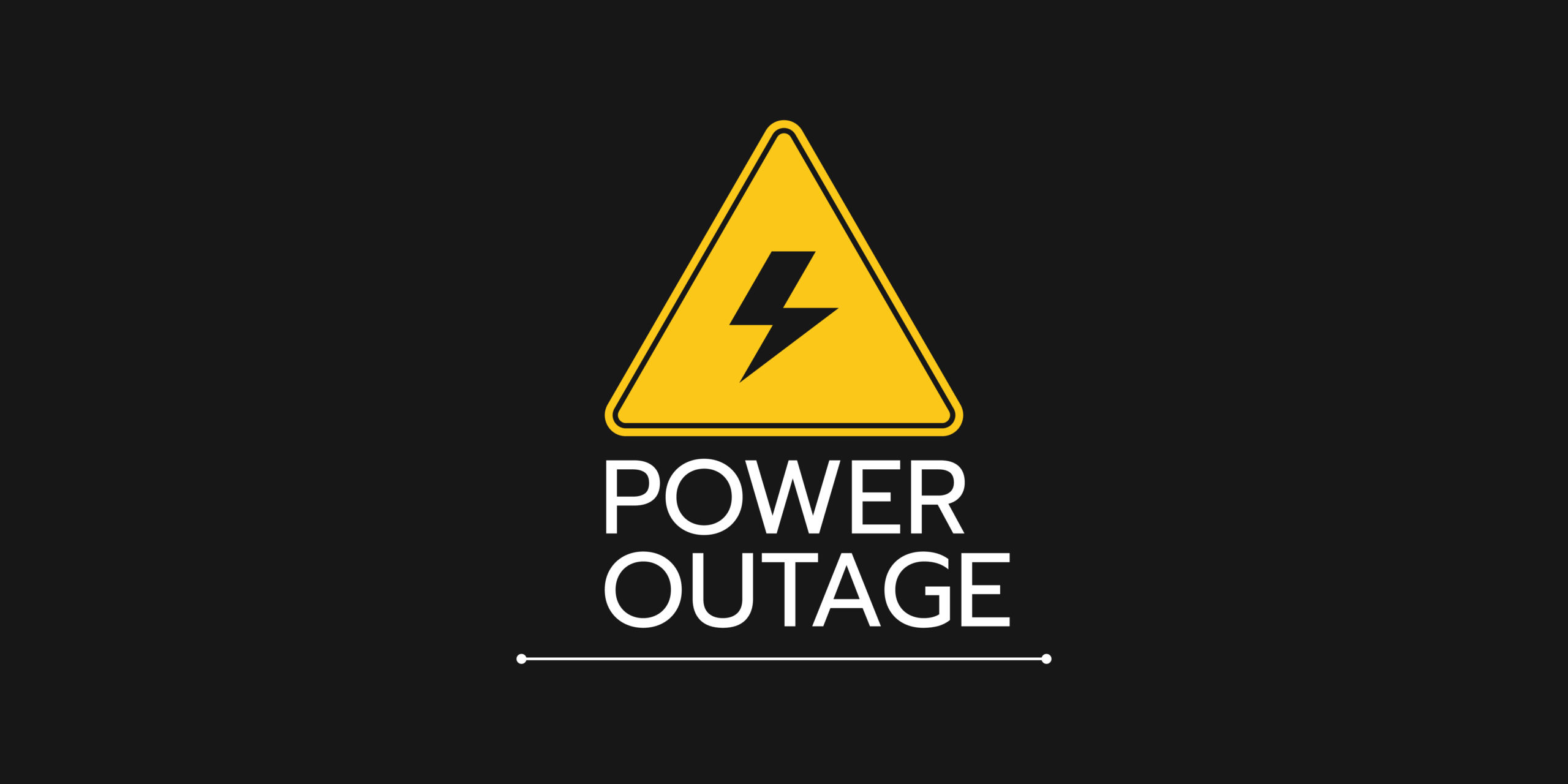




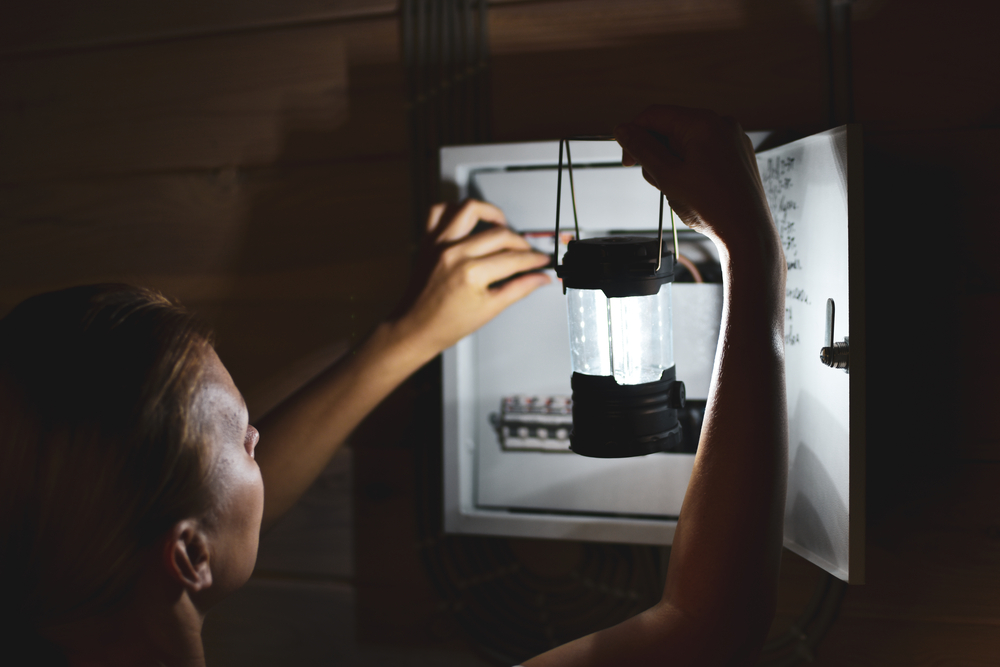
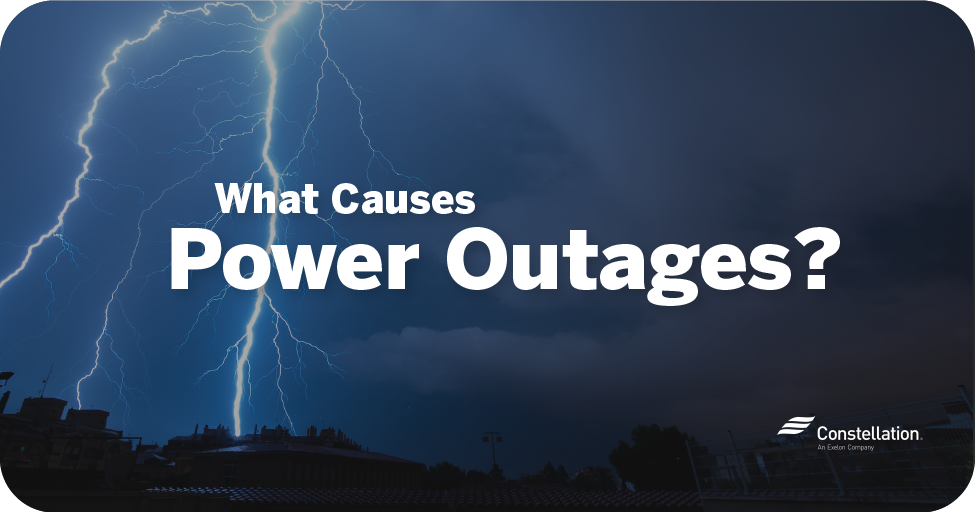










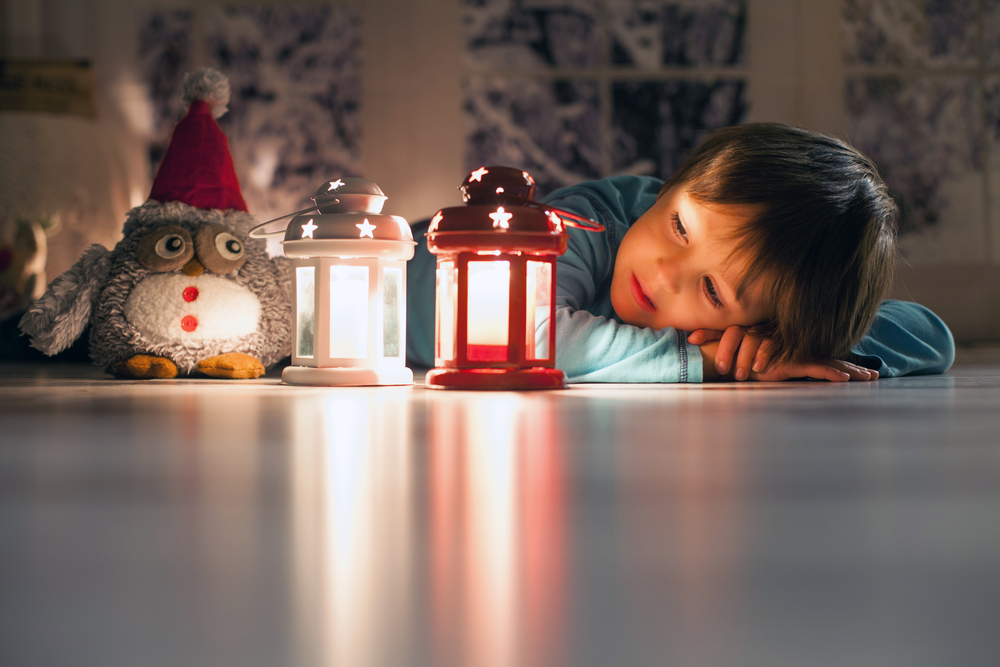
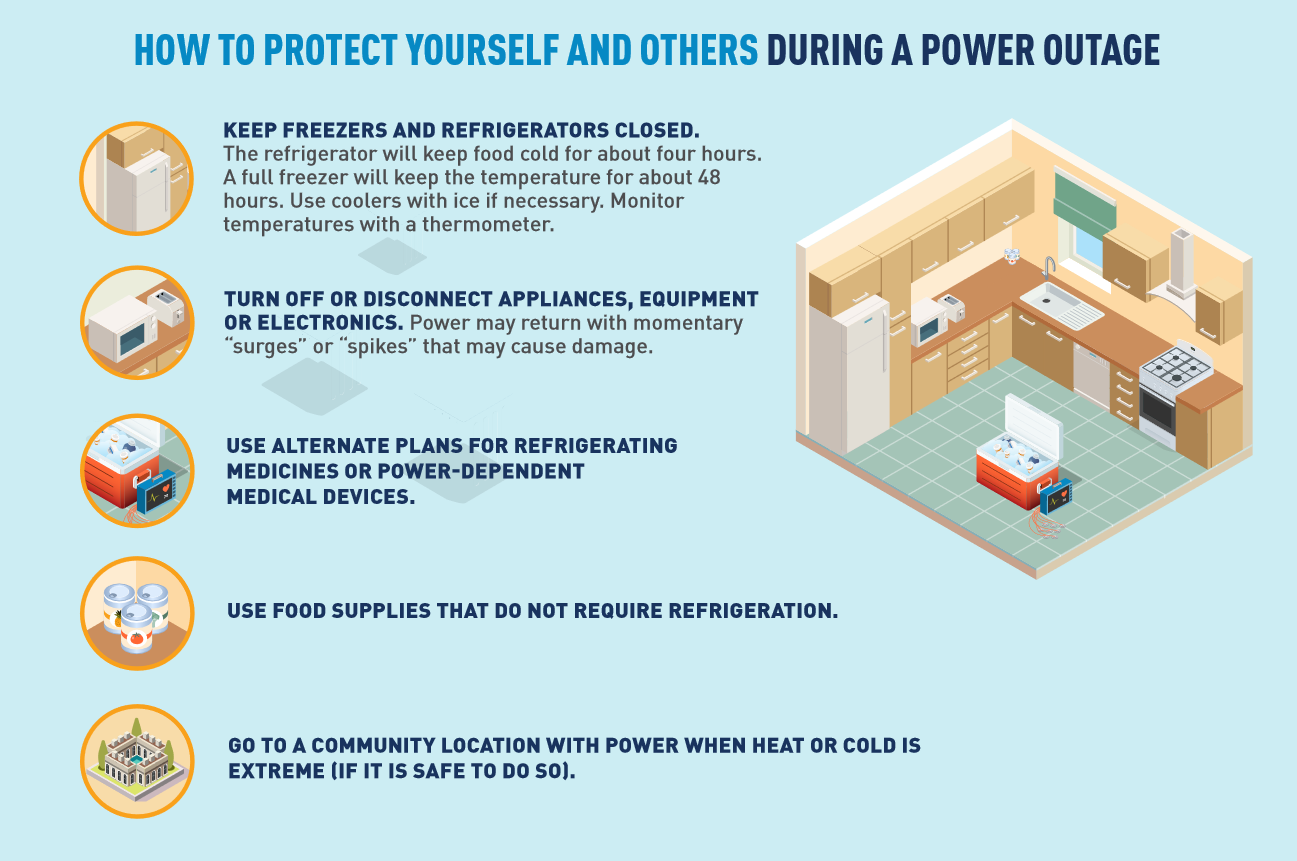









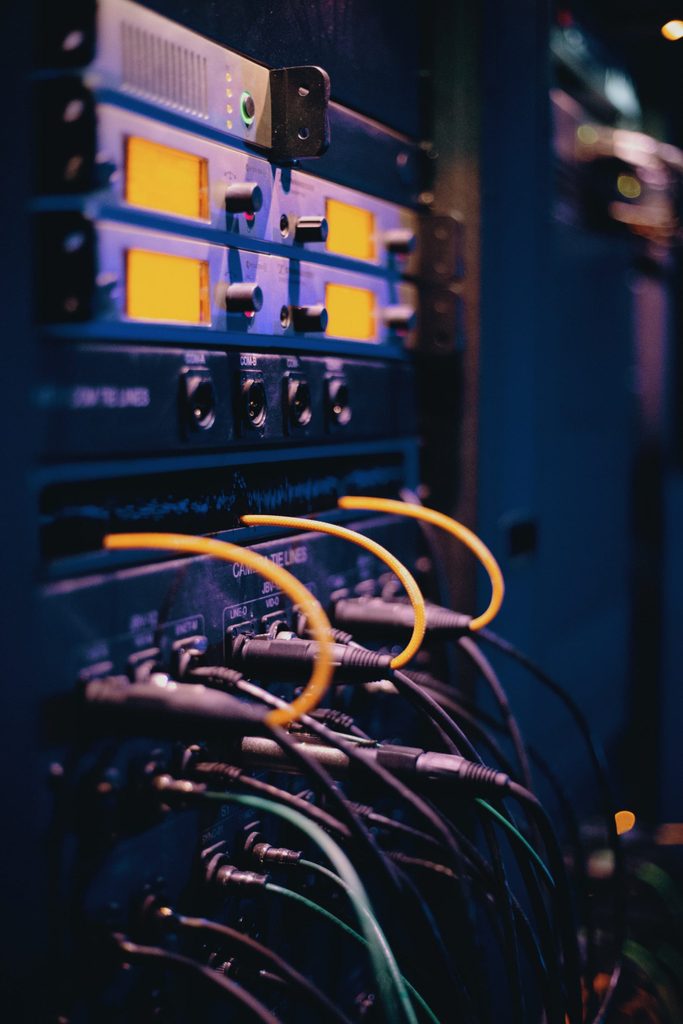



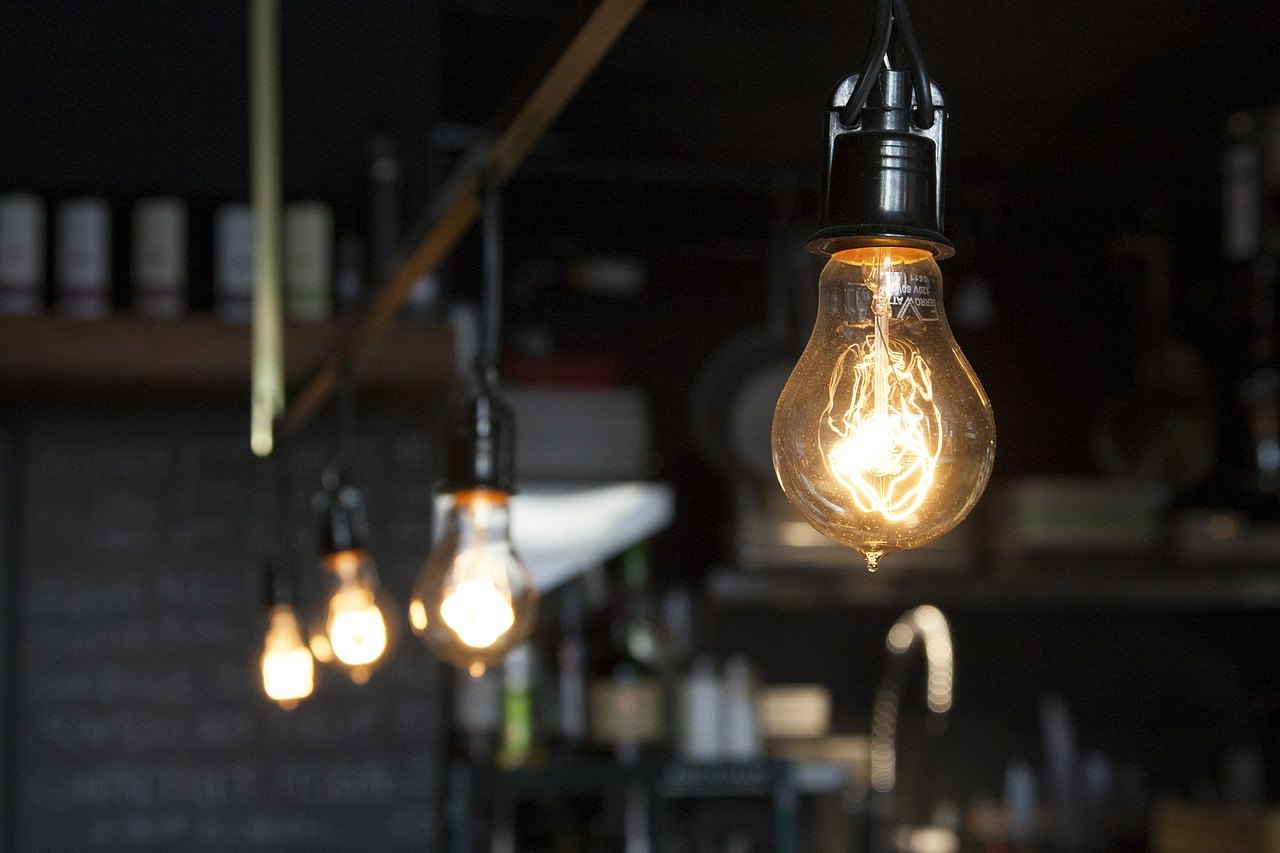

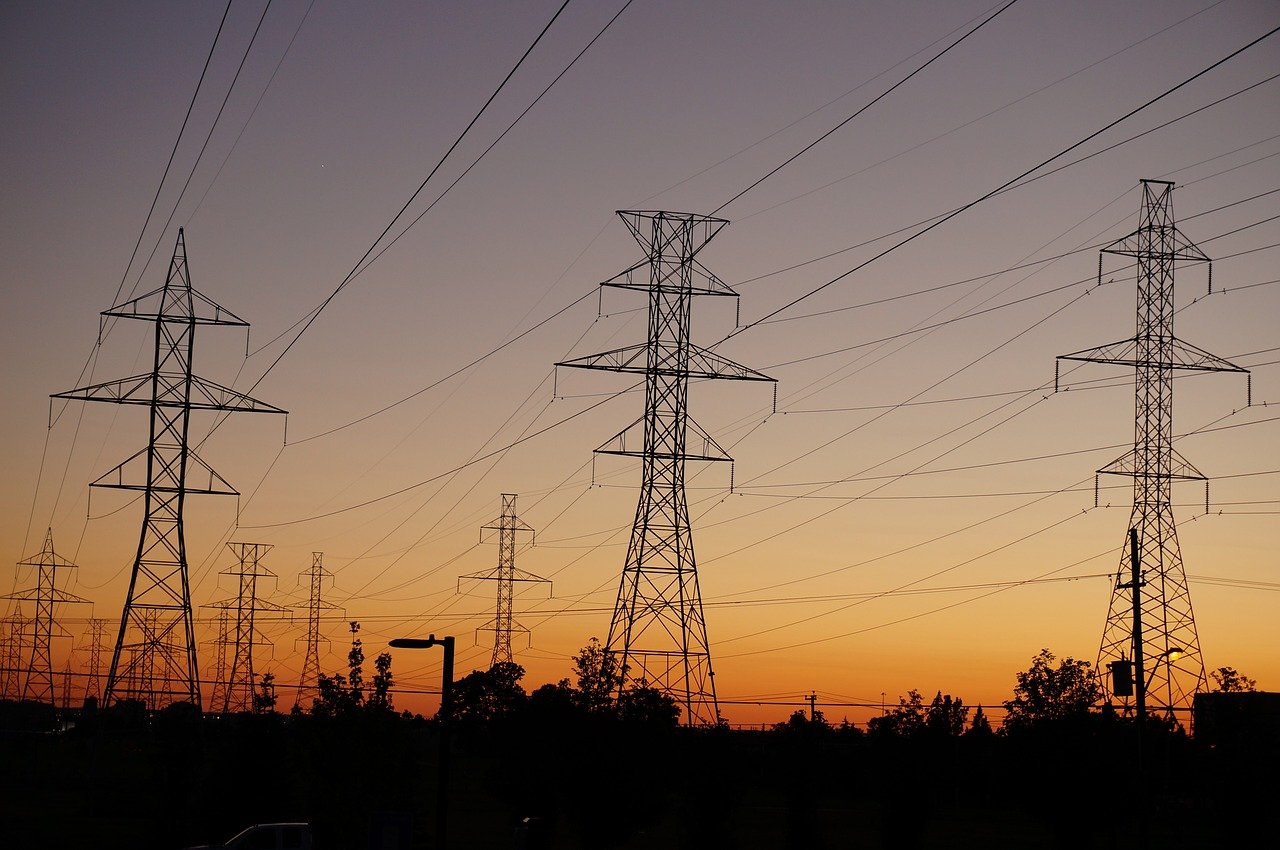

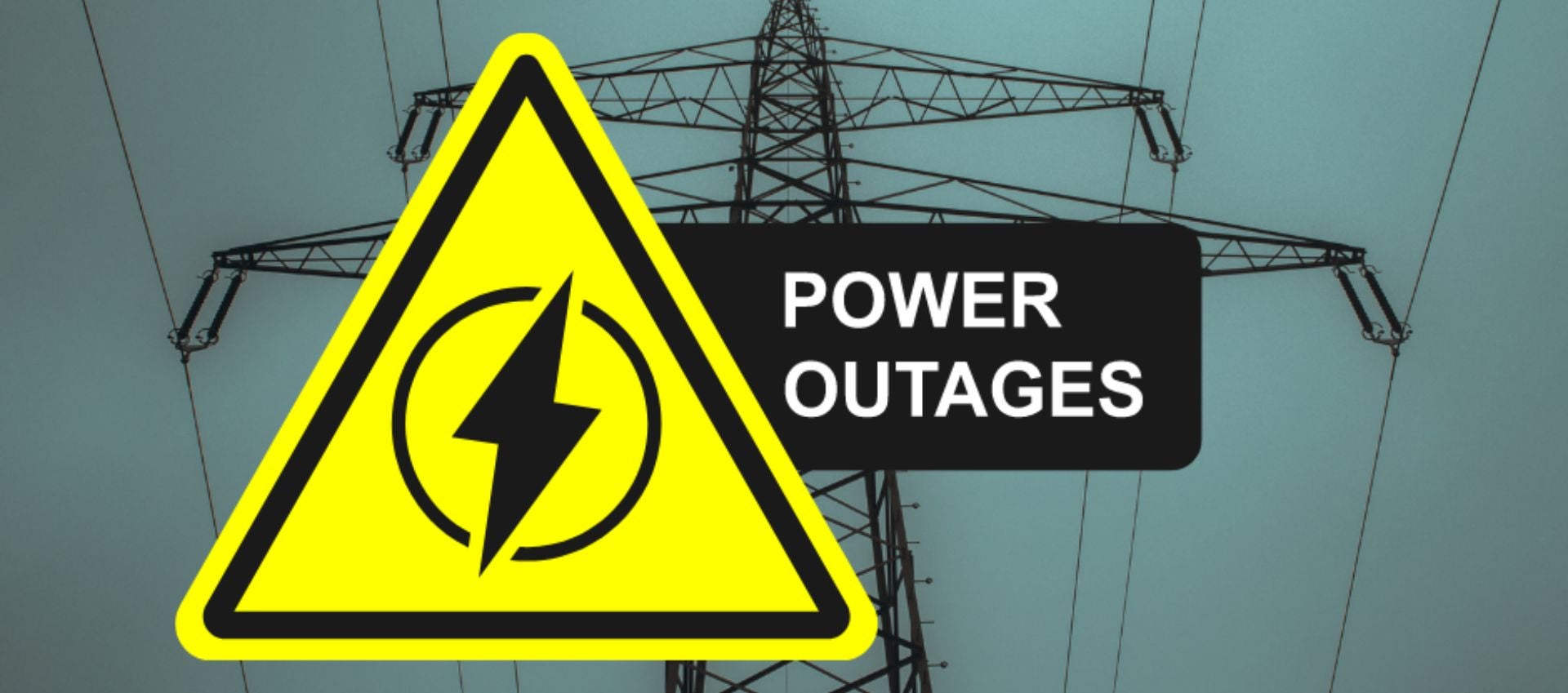

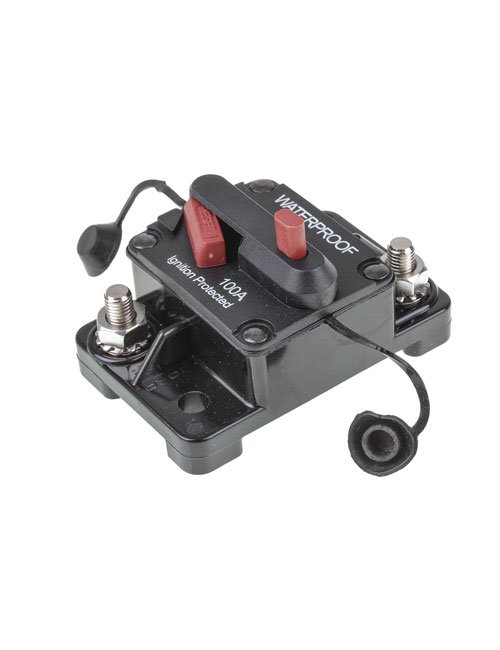


:max_bytes(150000):strip_icc()/circuit-breakers-how-to-reset-a-circuit-breaker-1152756-hero-e69fdfecd2d64a06800fa0f77089c98f.jpg)

